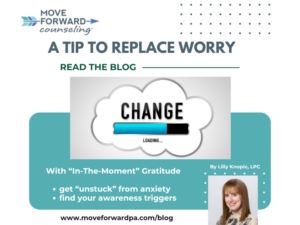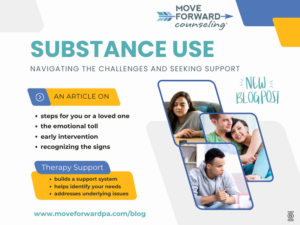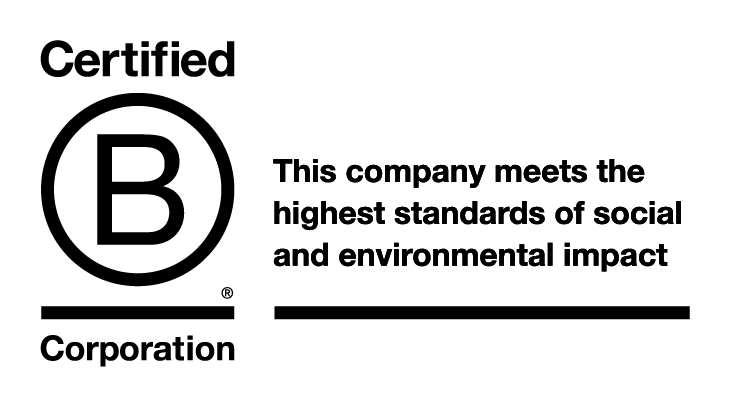There is no better time than now to talk about the warning signs of suicide—September is National Suicide Prevention Month. Suicide is a leading cause of death, and sadly it is increasing. It is the second leading cause of death for people ages 10-34, the fourth leading cause among people ages 34-54, and the fifth leading cause among people ages 45-54. It impacts all ages, genders, and nationalities.
Half the battle in preventing suicide is knowing what to look for. It can be easy in our busy lives to overlook warning signs, especially when we don’t know they are warning signs. It is a hard reality to grasp that someone you know might be thinking about taking their own life. No one thinks it will happen to them. But, it does. It happens every day.
By knowing the warning signs you have the ability to potentially help someone before they take their life.
Warning Signs of Suicidal Behavior
1.) Talking about wanting to die or hurt themselves — This one is probably the most obvious. If someone is talking about wanting to die they may be seriously considering doing something to harm themselves.
2.) Researching ways to die — Again this can be another obvious one if you are aware of it. If you catch someone doing internet searches for ways to commit suicide it is a big red flag. It is also concerning if they often bring up death in conversation or are looking to purchase weapons or other self-harming tools.
3.) Feelings of hopelessness — If someone says they “have no reason to live,” they may genuinely feel that way. Or maybe they feel like they will be sad forever, feel undeserving of good things, or think—especially after a breakup—that they will never be happy again.
4.) They share that they are in ‘unbearable pain’ or ‘feel trapped’ – They may be looking for a way out of what they are feeling.
5.) Increased use of drugs or alcohol — Drug and alcohol use often goes hand-in-hand with depression and other mental health conditions. These chemicals are often used to avoid emotional or physical pain, numb thoughts and feelings, or to get through the day if suffering from chronic physical conditions. When drug and alcohol use gets more frequent, or a person becomes dependent on a substance, it can be a warning sign that the person is struggling and needs help.
6.) Talking about being a burden to others— People who take their own life often think they are helping those around them by leaving this world. They think others in their life would be better off if they weren’t around anymore. They feel like they doing a favor for others.
7.) Acting anxious, agitated, or reckless — If someone doesn’t care if they live or die they are more willing to act recklessly. They will do dangerous or risky things with their bodies, finances, or possessions. They may also be on edge because they have been thinking about the act of suicide and how they might go about it.
8.) Changes in sleep patterns — Sleeping more or less often can be a sign of depression, which is a major risk factor for suicide, as well as a suicidal behavior. A person might struggle to get out of bed or they may stay up all night unable to sleep. Regardless of the reason, any major changes in sleep patterns are a reason for concern.
9.) Withdrawing or isolating from others — If someone is thinking about suicide they don’t want to get close to anyone. They want to be alone or they feel like they should be alone because they are too much trouble for others. They might resist making future plans or turn down invitations. People need people. Isolation is not healthy.
10.) Experiencing extreme mood swings — If someone who is usually kind, suddenly becomes angry or aggressive they may be struggling. In the reverse, if someone who is often sad and hopeless suddenly appears calm or at peace, they may be considering suicide.
Getting Help For Someone Who May Be Suicidal
If you suspect someone may be at risk for suicide, the first thing you can do is let them know you care about them and you are there for them. Encourage them to get help. Offer to drive them to the hospital or a mental health appointment. Suicide warning signs are not to be taken lightly. They should always be addressed, even if you think they may be nothing.
A mental health professional can help them change their perspective and get on a path to being healthier.
If you or someone you know is struggling with suicidal thoughts or behaviors call the National Suicide Prevention Lifeline — 1-800-273-TALK . There are people available 24/7 to help.
Ready to begin counseling in Pennsylvania?
At Move Forward, our professionally-trained and licensed counselors have openings. Just call our office at 717-462-7003×1 and speak to our administrative assistant to get started to feeling better. You can get the tailored help you need right now. We are here.




























